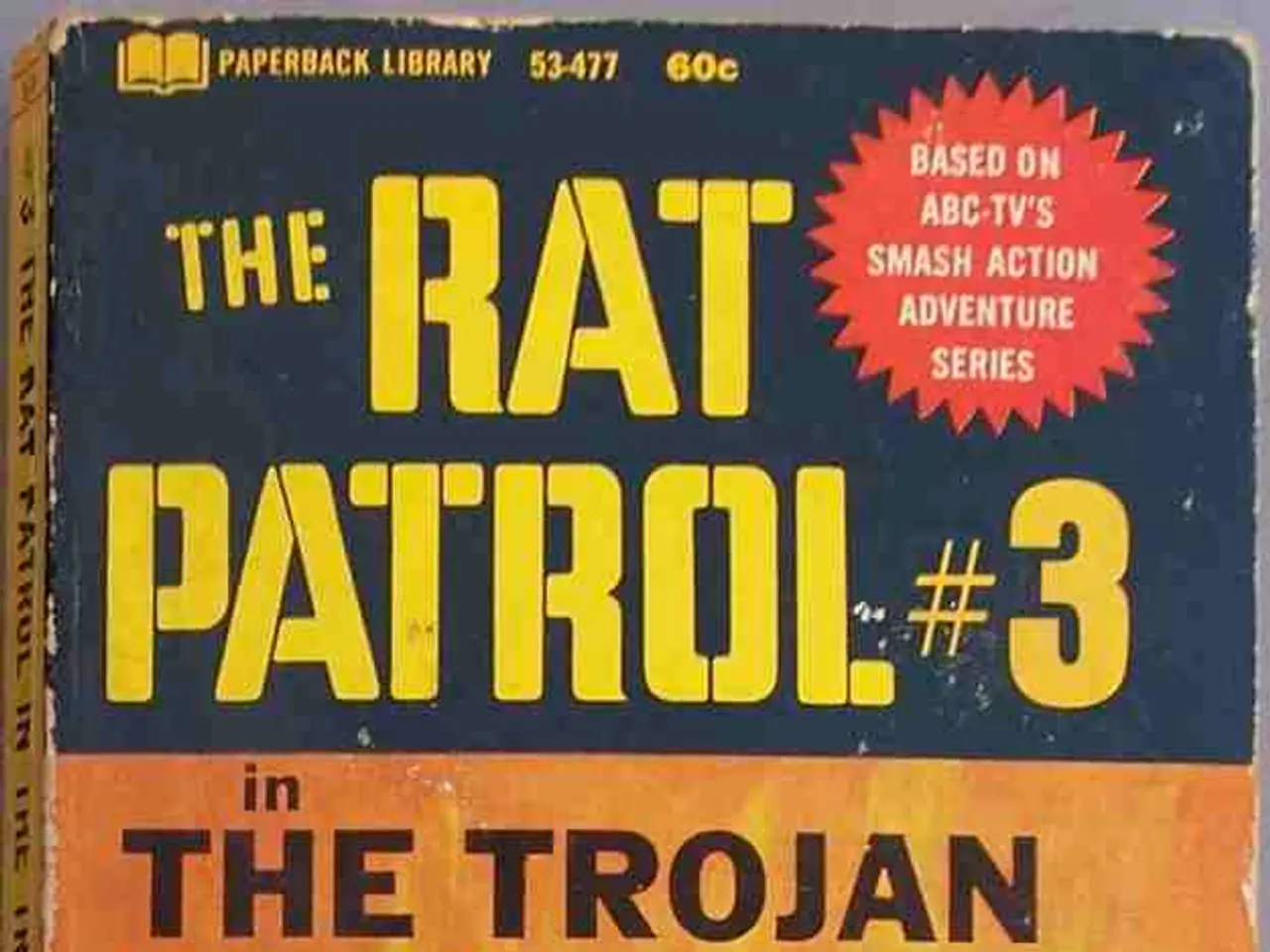Rebel group M23 disregards negotiations, growing influence in the Democratic Republic of Congo (DRC)
The Democratic Republic of Congo (DRC) continues to grapple with the complexities of its ongoing conflict, as multiple ceasefire agreements have been repeatedly violated by both the government forces and the M23 rebel group.
In a bid to resolve this long-standing crisis, the African Union (AU) has taken a significant role in the peace process. The AU-backed talks, led by a group of former heads of state and government, including former Nigerian President Olusegun Obasanjo, have been the most long-standing regionally backed effort towards resolving the Congo crisis. However, these talks, led by Angola, recently came to an abrupt end.
Despite the end of the Angola-led talks, the AU has not withdrawn from peace efforts. The Republic of Togo has since become the new location for Africa-led peace initiatives.
Meanwhile, the M23 rebel group has been actively expanding its control in North and South Kivu provinces. Despite ongoing peace talks, the rebels have demonstrated their ability to govern captured territories both militarily and administratively. They have imposed taxes, taken control of lucrative mines, implemented banking reforms, started public works projects, increased fighter recruitment, and reinforced their front lines.
In South Kivu, the rebels have seized several districts and chiefdoms along the southwestern corridor of the RN2 highway. This expansion of control has been accompanied by a demonstration of administrative capabilities, as the rebels have shown they are capable of governing the territories they have captured.
The government forces, particularly the Wazalendo militia, have shown equal resolve to reclaim territory from the rebels. Pro-government fighters have launched repeated attacks on rebel positions, despite the ongoing ceasefires.
A significant development in the peace process came on June 27, when the U.S. announced it had brokered a peace deal between the DRC and Rwanda in Washington. This deal, however, does not seem to have significantly impacted the ground situation, as the Doha talks between the government and rebels have continued with little progress.
On July 19, the M23 rebel group and the DRC signed a declaration of principles in Qatar, aiming to end decades of conflict. The negotiations in Doha, which also involve the Congolese government, Rwanda, the M23 rebel group, and mediation efforts by the U.S. and Qatar, continue to be the focus of international attention.
Despite the involvement of the U.S. and Qatar, no other specific countries have expressed a desire to participate in the peace negotiations in the Democratic Republic of Congo after Angola stepped down as the main mediator. The future of these peace talks and the resolution of the conflict in the DRC remain uncertain.








